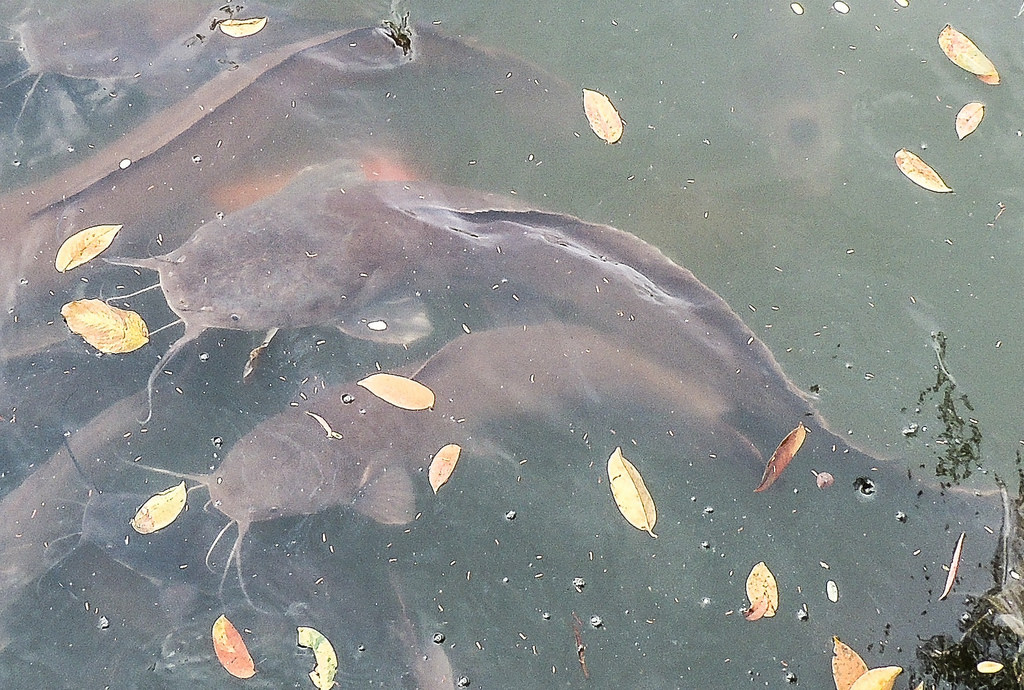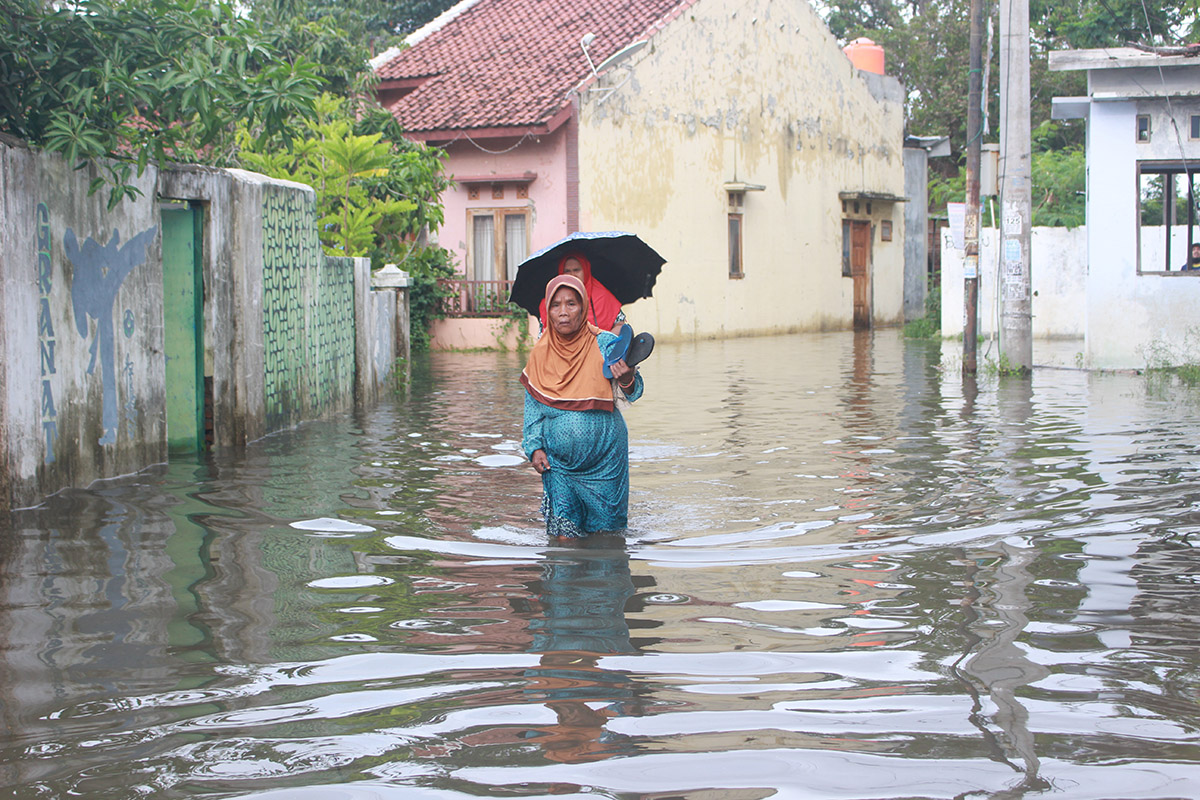“Fish farming can create employment in Africa”
September 16 Fish is a growing part of the diet for many Africans, and as Obongifreke Friday, 27, a Correspondent from Akwaibom in Nigeria writes, fish farming can be an economic and employment opportunity.
Fish is a growing part of the diet for many Africans, and as Obongifreke Friday, 27, a Correspondent from Akwaibom in Nigeria writes, fish farming can be an economic and employment opportunity.
Agriculture is no doubt one of the major contributors to the economy of Nigeria; a very clear picture of this could be seen in fish farming.
It would not be an overstatement to say that about 80 per cent of Nigerians eat fish, but unfortunately this lucrative branch of agriculture is practised by very few Nigerians.
For instance, according to a newspaper publication of THIS DAY LIVE on 5th October, 2011, regarding statements by the then-minister of Agriculture and Rural development, Dr. Akinwunmi Adesina, which I quote: “Nigeria spent over 100 billion on the importation of frozen fish in 2010. Lamenting the shortfall of fish supply in the country, Adesina said that the estimated annual fish demand in the country was about 2.66 millon as against the annual domestic production of about 0.78 million giving a demand –supply gap of about 1.8 million metric tonnes.”
However, we all agree that the demand for fish has increase far beyond what it was as at in 2010, although some local farmers are also trying to bridge the gap.
For instance, during my travel to Uke, a town in the north central part of Nigeria, I was surprised to see that the major occupation of the people here was fish farming.
Several species of fish are raised here, with the most predominant being catfish.
I had the opportunity to speak with one of the fish farmers here, who reveals that the business is not only lucrative but also it requires little capital to start. He explains that pond construction was not capital intensive. As well, the availability of water is an added advantage, as many farmers who cannot afford to drill a borehole locate their farms near rivers.
Regarding the time its take them to harvest the fish, he explain that it depends on the size of the fish expected and the targeted market demand.
However, the government and other international agencies have a role to play to motivate these farmers and encourage youths to engage in fish farming – a livelihood that will create more employment for the teeming youth.
This encouragement would include: easy access of loan and grants to fish farmers, subsidizing feed, and construction of cool rooms.
In conclusion, I would encourage youth in Nigeria and Africa as a whole to get involved in fish farming.
photo credit: Catfish rushing for bread crumbs. via photopin (license)
…………………………………………………………………………………………………………………
About me: I am a Nigerian who likes critical thinking, problem solving and youth motivation.
As a graduate of mechanical engineering I spend most of my time in solving complex engineering mathematics, puzzles and design. And notwithstanding I love playing football!
My passion for writing has made me to write a lot about several issues which I publish in my blog www.fesof.wordpress.com
My mission is to contribute to problem solving while impacting life across the world.
…………………………………………………………………………………………………………………
Opinions expressed in this article are those of the author and do not necessarily represent the views of the Commonwealth Youth Programme. Articles are published in a spirit of dialogue, respect and understanding. If you disagree, why not submit a response.
To learn more about becoming a Commonwealth Correspondent please visit: http://www.yourcommonwealth.org/submit-articles/commonwealthcorrespondents/
…………………………………………………………………………………………………………………




